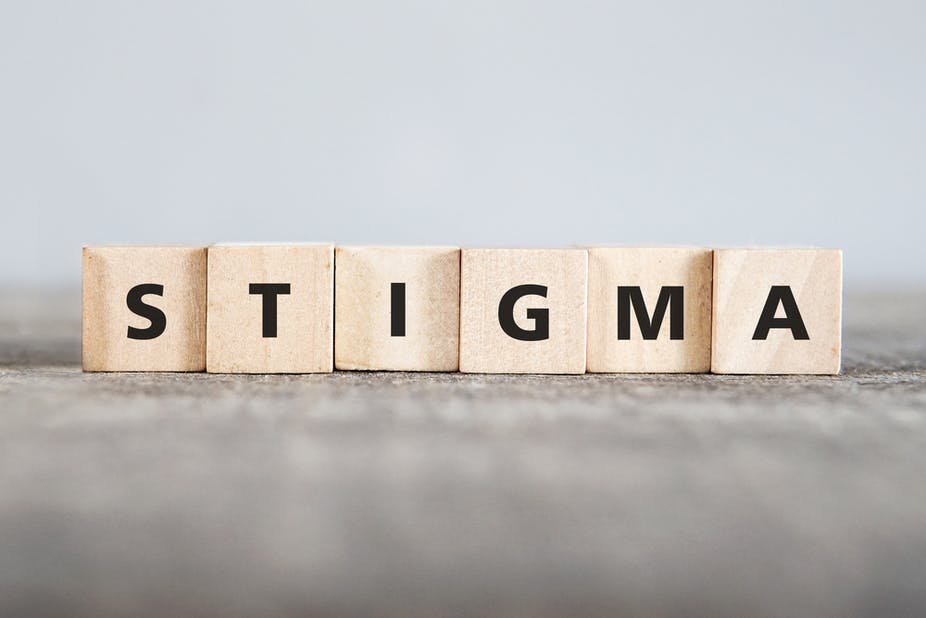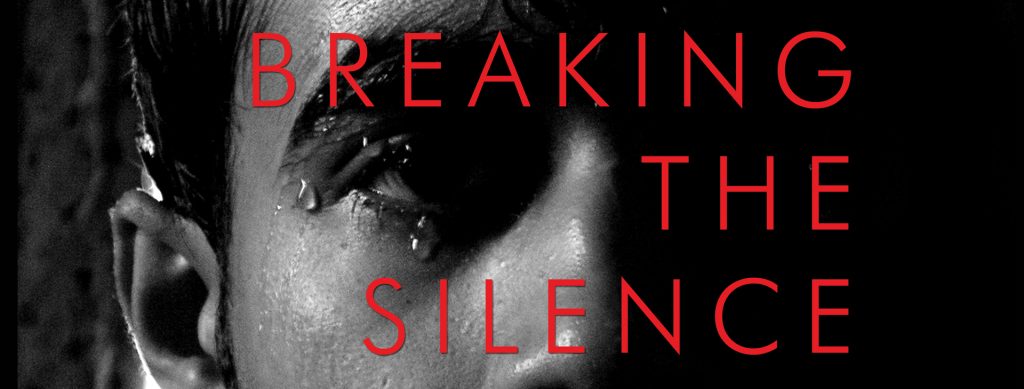In the quiet shadows of our society, many struggle silently with thoughts of suicide and self-harm. These silence echoes often go unheard, drowned out by stigma, fear, and misunderstanding. Yet, breaking this silence is the first step toward saving lives and fostering a culture of compassion and understanding.
Understanding the Pain Behind the Silence

Suicide and self-harm are not signs of weakness; they are cries for help—a response to overwhelming emotional pain, hopelessness, or a sense of isolation. While the reasons behind these struggles vary, they often stem from mental health conditions like depression, anxiety, PTSD, or trauma.
For those who engage in self-harm, it’s rarely about seeking attention. Instead, it’s often a way to cope with emotional pain or regain a sense of control. Similarly, suicidal thoughts arise not because someone truly wants to die, but because they can’t see another way to escape their pain.
The Weight of Stigma

Despite growing awareness, stigma around suicide and self-harm remains pervasive. People often hesitate to speak openly about their struggles due to fear of judgment, shame, or being labeled as “attention-seeking.” This silence can be deadly, preventing individuals from seeking the support they need.
Breaking the stigma starts with shifting our perspective:
- Acknowledge that mental health struggles are valid.
- Replace judgment with empathy.
- Create a safe space for open, non-judgmental conversations.
Signs Someone May Be Struggling

Recognizing the signs of suicidal thoughts or self-harm can save lives. While every person’s experience is unique, some common indicators include:
- Expressing feelings of hopelessness or worthlessness
- Withdrawing from loved ones or social activities
- Sudden changes in mood or behavior
- Talking about death, dying, or being a burden to others
- Unexplained injuries, scars, or wearing long sleeves in warm weather
If you notice these signs in someone, don’t ignore them. Reaching out with kindness and concern can make all the difference.
How to Help Someone Struggling

- Listen Without Judgment
Let them know you’re there to listen without interrupting or offering immediate solutions. Sometimes, simply being heard can provide immense relief. - Express Empathy
Avoid dismissive phrases like “It’s not that bad” or “You’ll get over it.” Instead, validate their feelings with statements like, “I’m sorry you’re feeling this way” or “You’re not alone.” - Encourage Professional Help
Gently suggest speaking to a therapist, counselor, or support group. Offer to help them find resources or accompany them to an appointment if needed. - Be Patient
Recovery is a process, and there will be ups and downs. Continue to offer support, even if progress seems slow. - Check In Regularly
Let them know you care by checking in through calls, messages, or visits. Consistent support can remind them they’re not alone.
Breaking the Silence Together

Talking about suicide and self-harm openly can feel uncomfortable, but it’s a necessary step toward change. Sharing personal stories, educating others, and advocating for better mental health resources can dismantle stigma and build a culture of understanding.
The Importance of Self-Care

If you’re supporting someone who is struggling, don’t forget to care for your own mental health. Seek support from friends, family, or a counselor to ensure you have the strength to help others.
If You’re Struggling
If you’re facing thoughts of suicide or self-harm, know this: your life matters. It’s okay to ask for help. Talk to someone you trust or reach out to a crisis hotline in your area. There is hope, and there are people who care about you.
A Message of Hope
The echoes of silence surrounding suicide and self-harm can feel deafening, but together, we can replace them with voices of hope, empathy, and understanding. Healing is possible, and every life is worth fighting for.
Let’s work to create a world where no one has to struggle alone—breaking the silence becomes the norm, and seeking help is seen as an act of strength.
